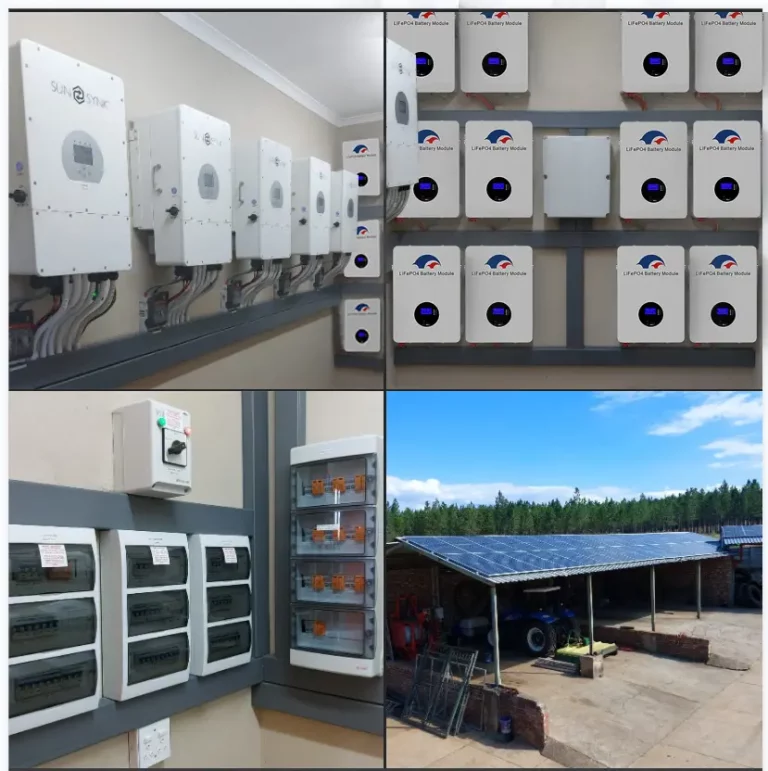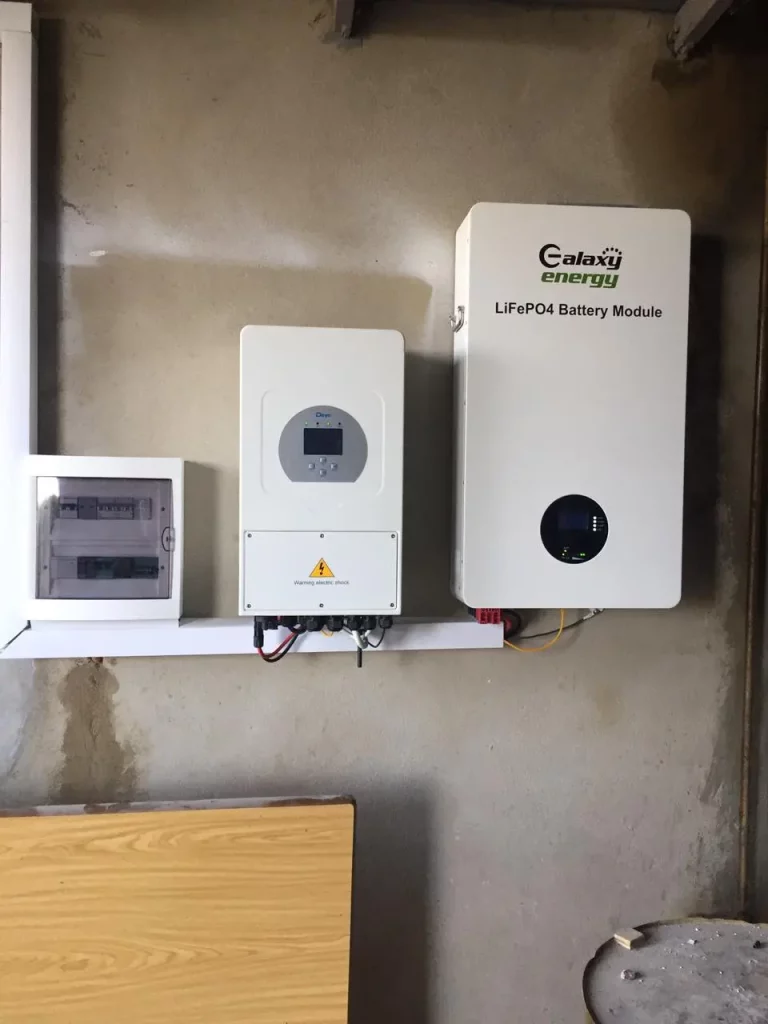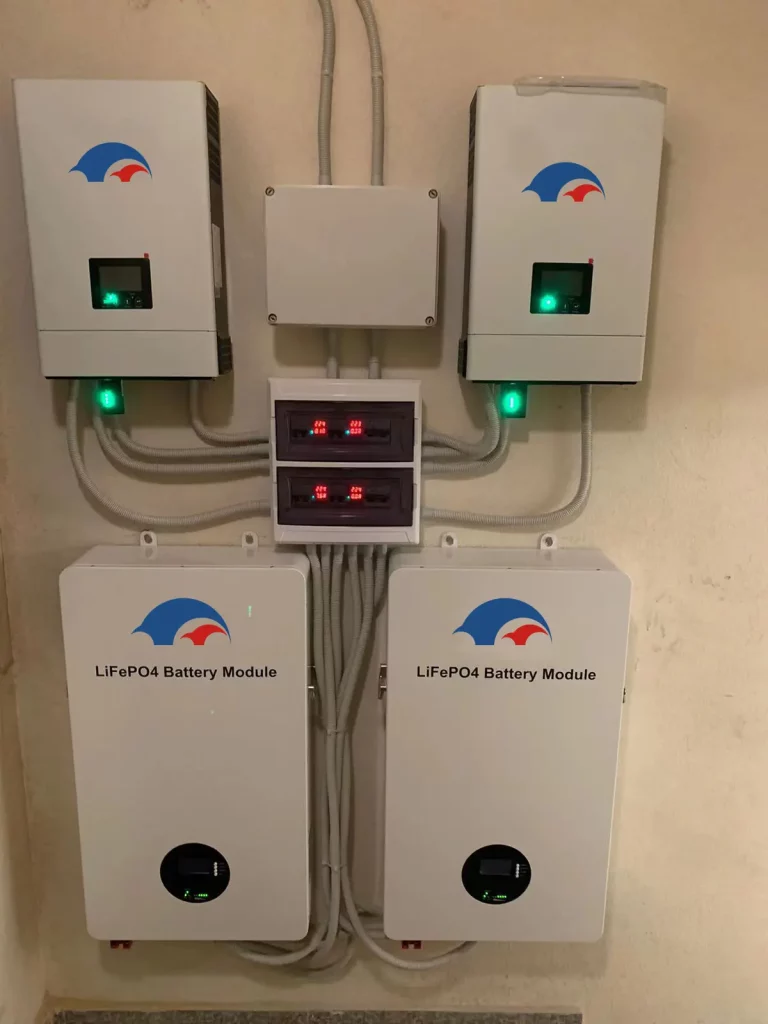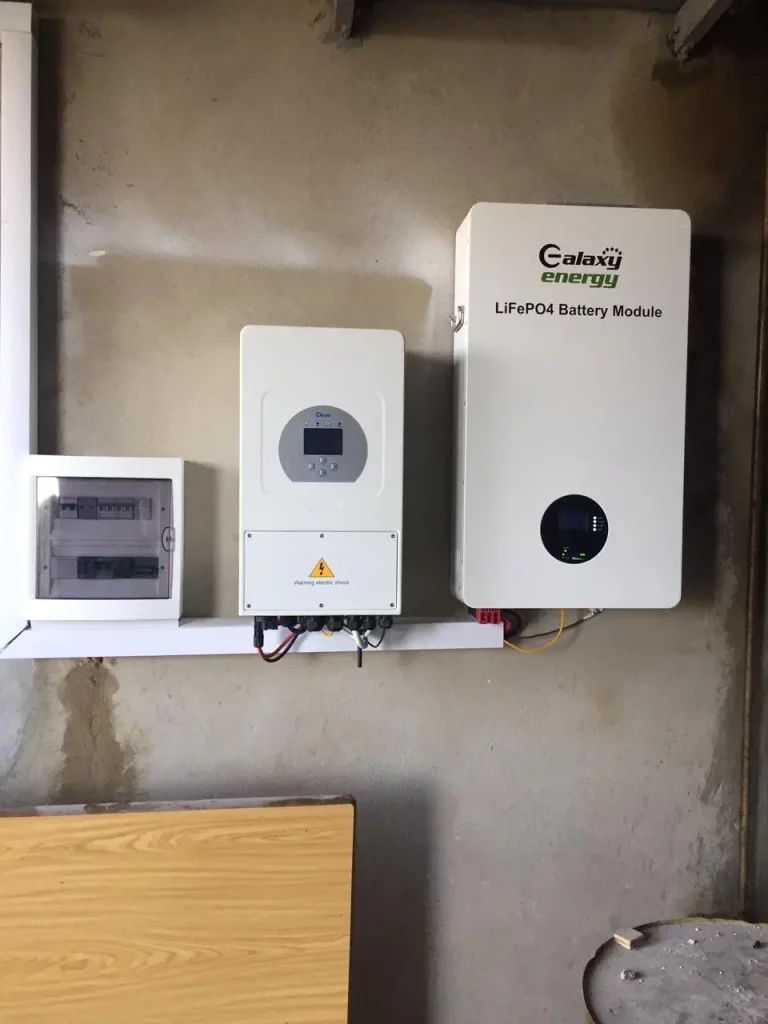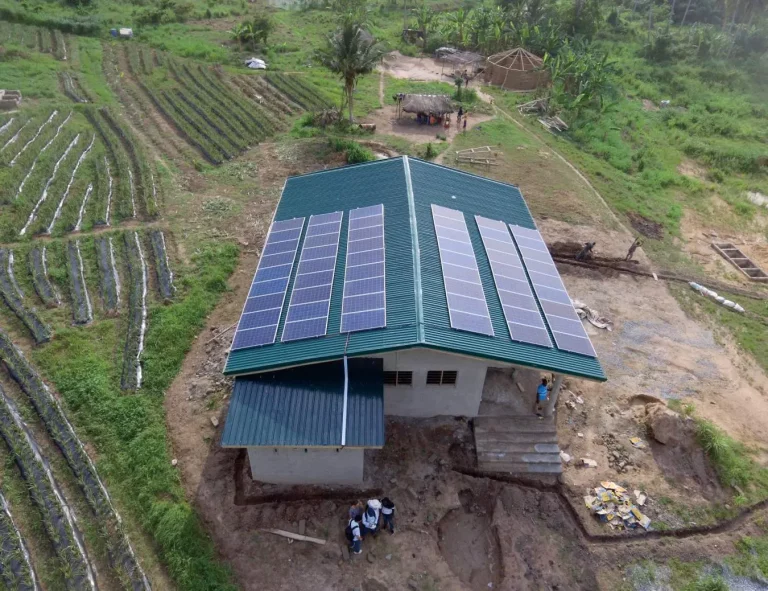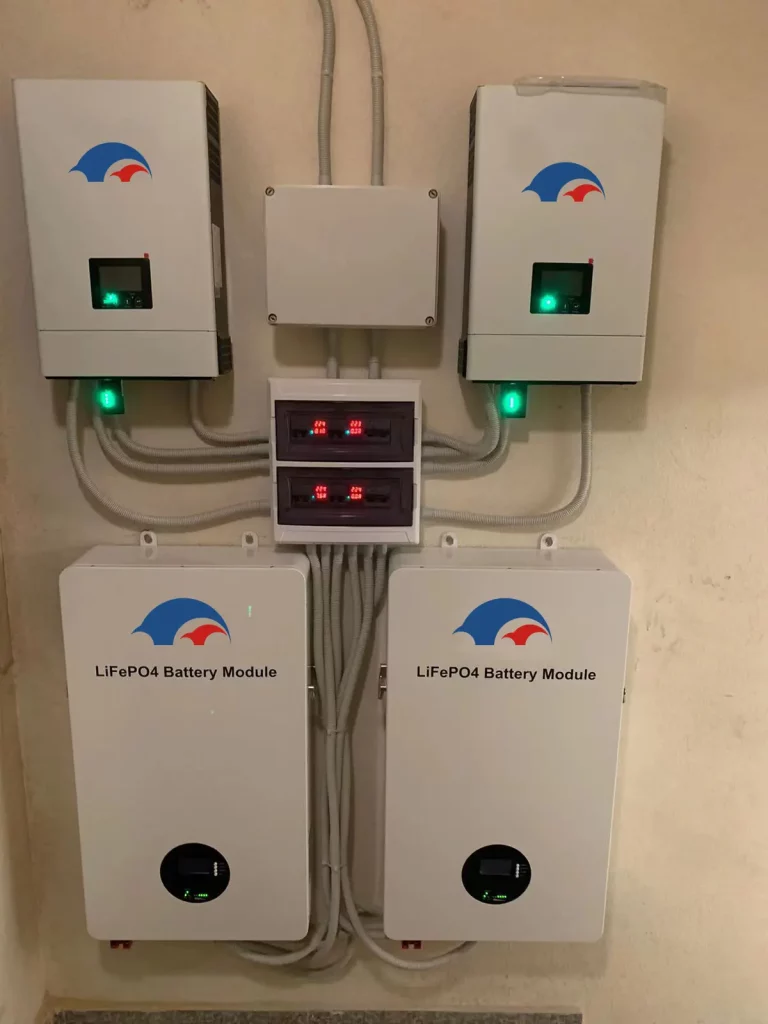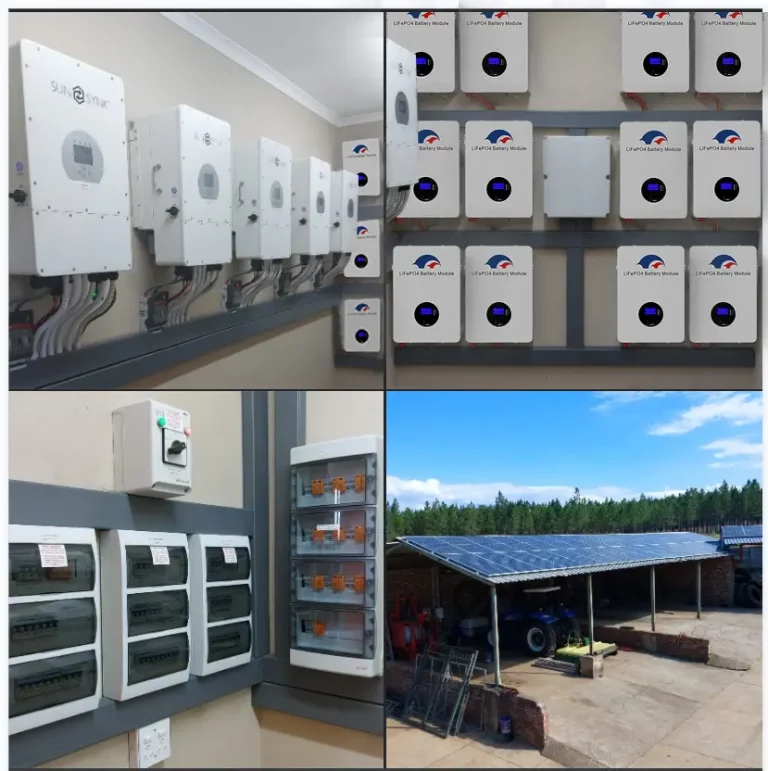As the demand for cleaner and more efficient energy storage solutions continues to grow, high voltage lithium-ion batteries have emerged as a promising technology. These batteries offer significant advantages over conventional low-voltage batteries, including increased power density, improved efficiency, and enhanced overall performance. In this article, we will explore the key features and advancements in high voltage lithium-ion batteries, highlighting their potential applications and the impact they can have on various industries.
Main Characteristics of High Voltage Lithium Ion Batteries
- Understanding High voltage lithium ion batteries: High voltage lithium-ion batteries are designed to operate at voltages higher than traditional lithium-ion batteries, typically exceeding 4.2 volts per cell. This higher voltage allows for increased energy density and power output, enabling these batteries to deliver superior performance in a wide range of applications. The development of high voltage lithium-ion batteries has been driven by the need for more efficient and powerful energy storage solutions to meet the growing demands of electric vehicles (EVs), renewable energy systems, and other high-energy applications.
- Improved Power Output: High voltage lithium-ion batteries also offer improved power output capabilities. The higher voltage allows for faster charging and discharging rates, making them ideal for applications that require rapid energy transfer, such as electric vehicles, grid stabilization, and portable electronic devices. With their ability to provide high power on demand, these batteries are enabling advancements in electric transportation and helping to address the range anxiety associated with EV adoption.
- Safety Considerations: While high voltage lithium-ion batteries offer numerous advantages, it is essential to address safety concerns associated with their increased voltage levels. Higher voltage levels can potentially lead to thermal runaway, causing overheating and, in extreme cases, cell rupture or fire. However, manufacturers are continuously working on advanced safety features, including improved thermal management systems, robust battery management systems (BMS), and enhanced cell design to mitigate these risks and ensure safe operation.
- Applications in Electric Vehicles: High voltage lithium-ion batteries have gained significant traction in the electric vehicle industry. Their ability to deliver higher energy density and power output has enabled the development of EVs with longer ranges and faster acceleration. Additionally, high-voltage batteries contribute to the overall efficiency of electric vehicles by reducing charging times and increasing regenerative braking capabilities, thereby enhancing the driving experience and promoting wider adoption of electric mobility.
- Renewable Energy Integration: Renewable energy sources such as solar and wind often produce intermittent power, requiring efficient energy storage solutions to balance supply and demand. High voltage lithium-ion batteries offer an excellent solution for storing excess energy generated during peak production periods and releasing it during high-demand periods. These batteries enable efficient integration of renewable energy into the grid, enhancing grid stability, and reducing dependence on fossil fuel-based power generation.
- Other Industry Applications: Beyond electric vehicles and renewable energy systems, high voltage lithium ion batteries find applications in a variety of industries. These include aerospace, where lightweight and high-power batteries are crucial for electric aircraft propulsion; telecommunication, where backup power systems require high energy density and reliability; and grid energy storage, where high voltage batteries play a vital role in stabilizing power supply and managing peak loads.
Conclusion
High voltage lithium ion batteries represent a significant technological advancement in energy storage, offering improved energy density, power output, and safety features. With their wide range of applications in electric vehicles, renewable energy systems, and various industries, these batteries




